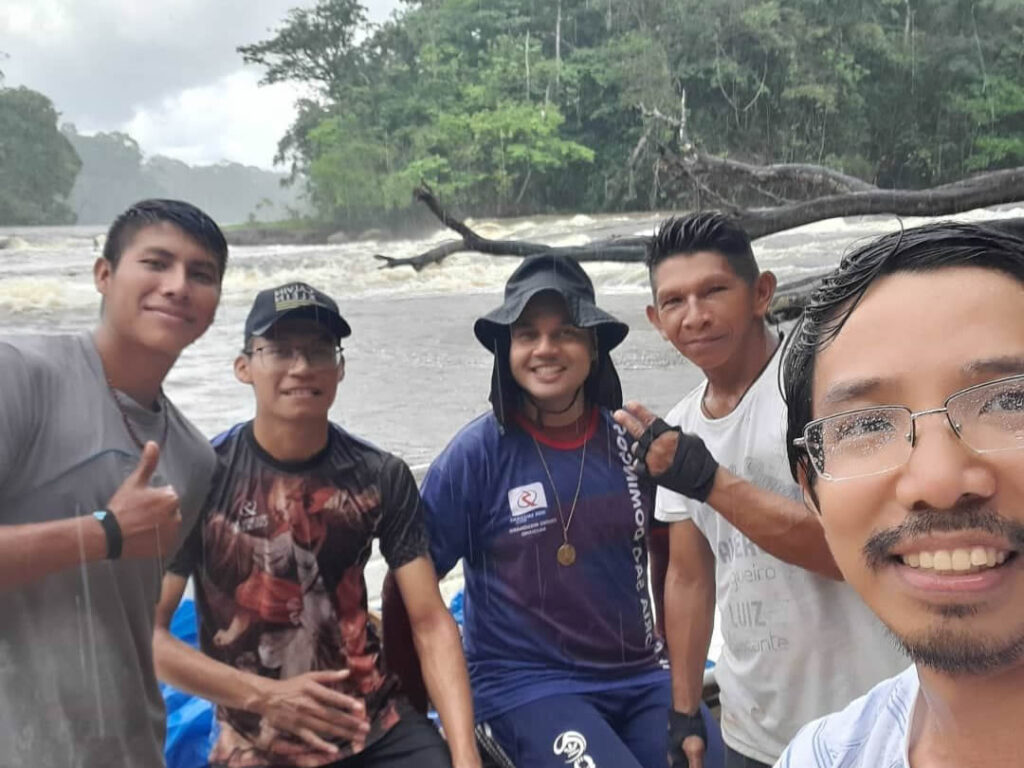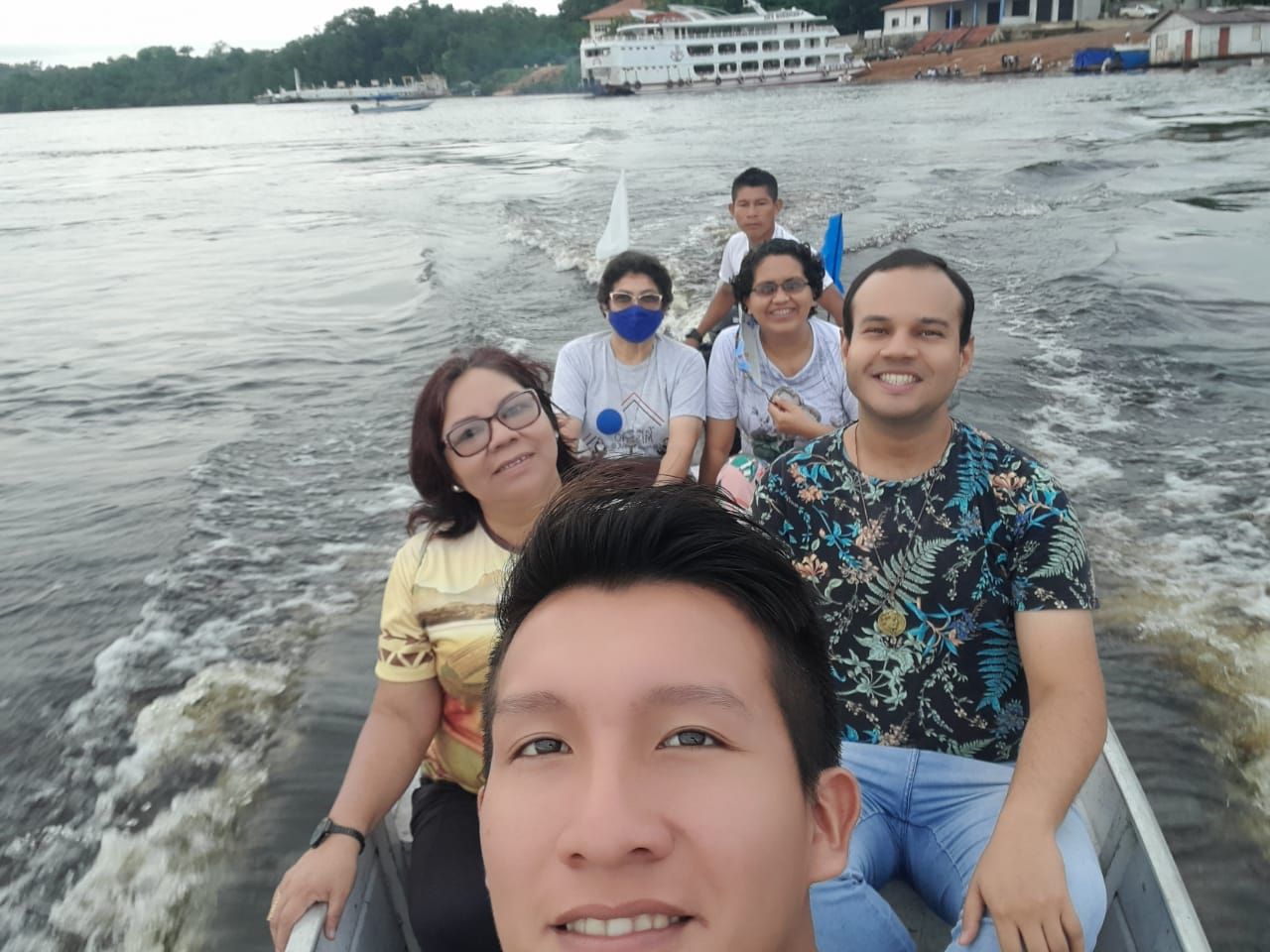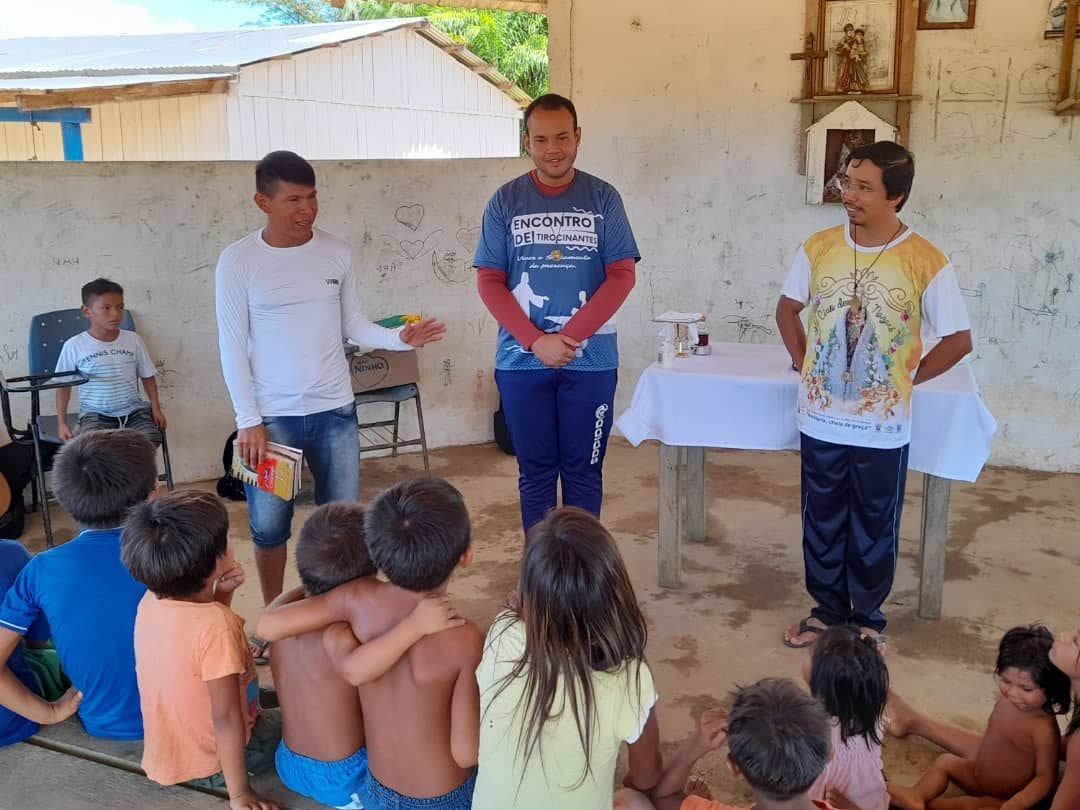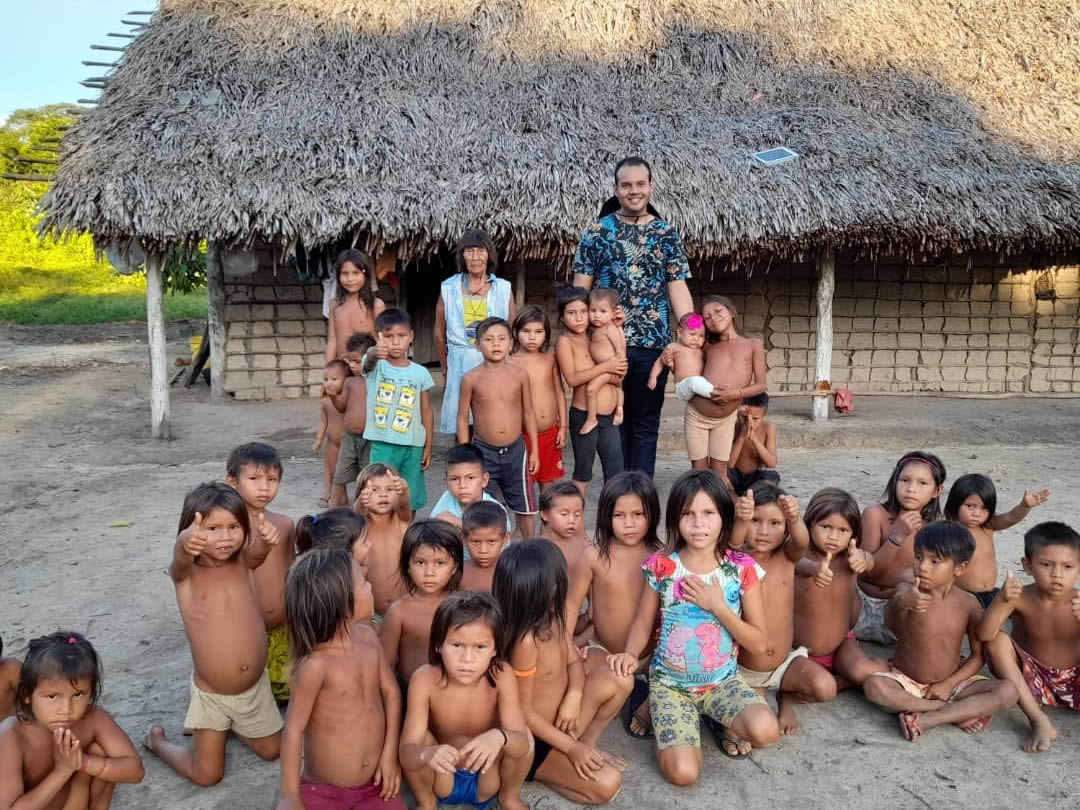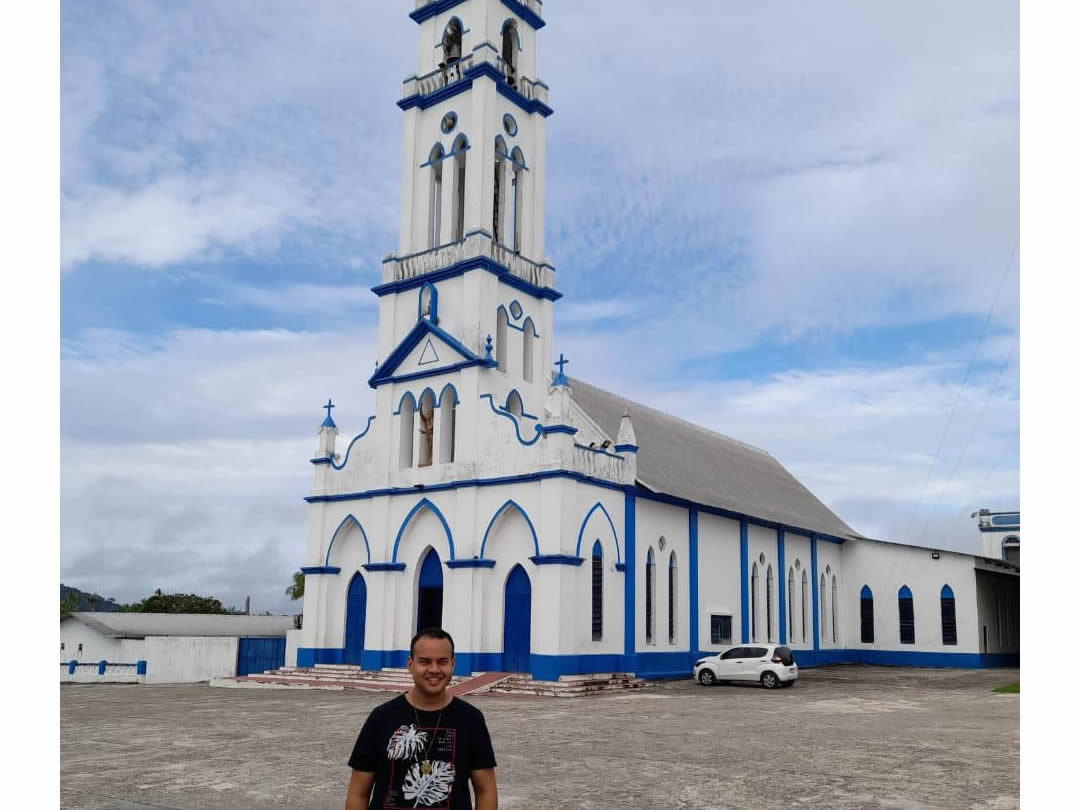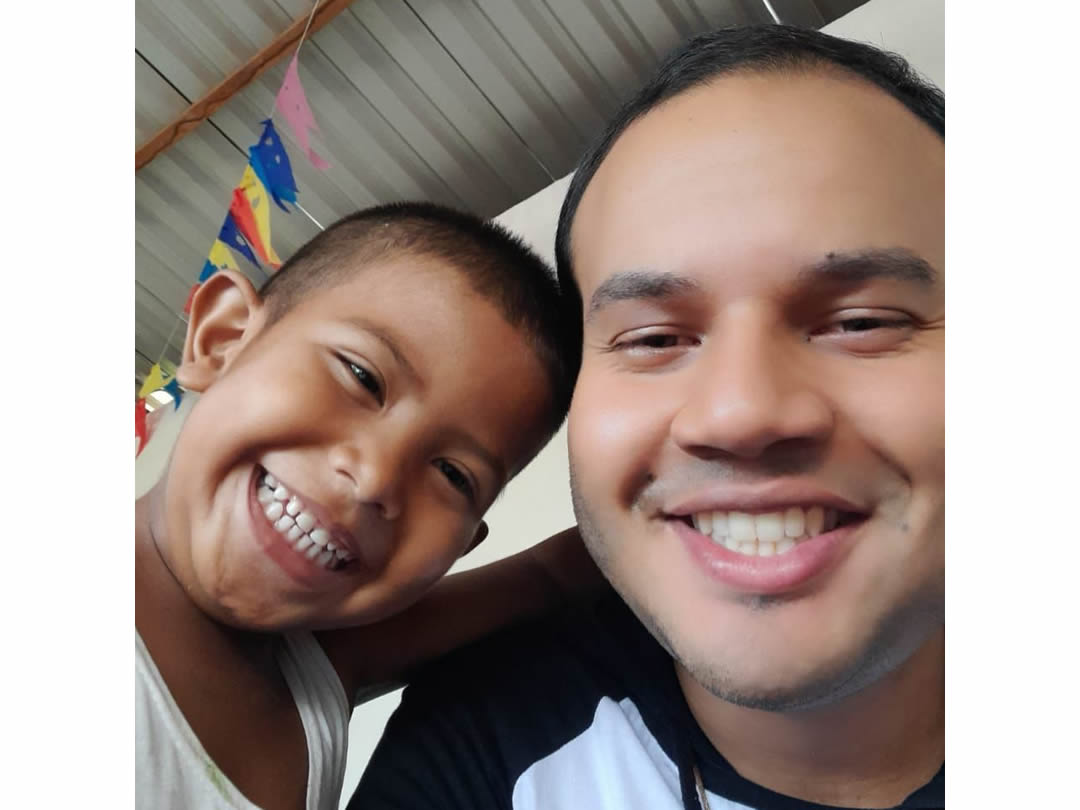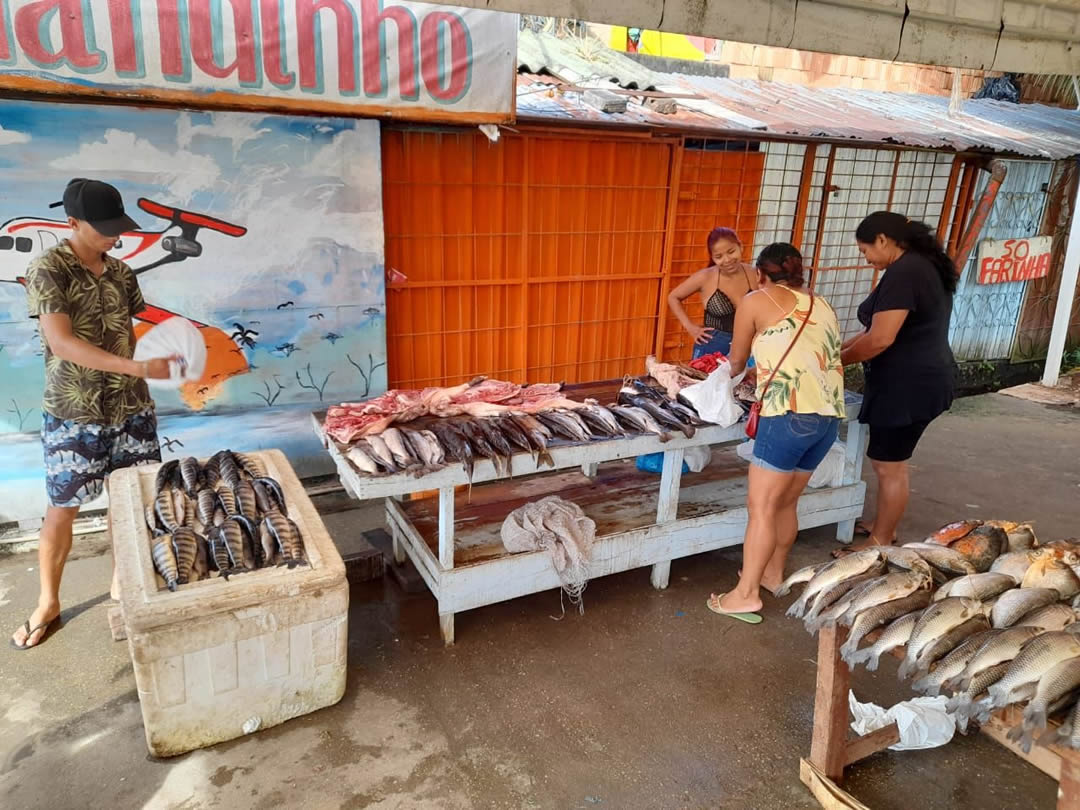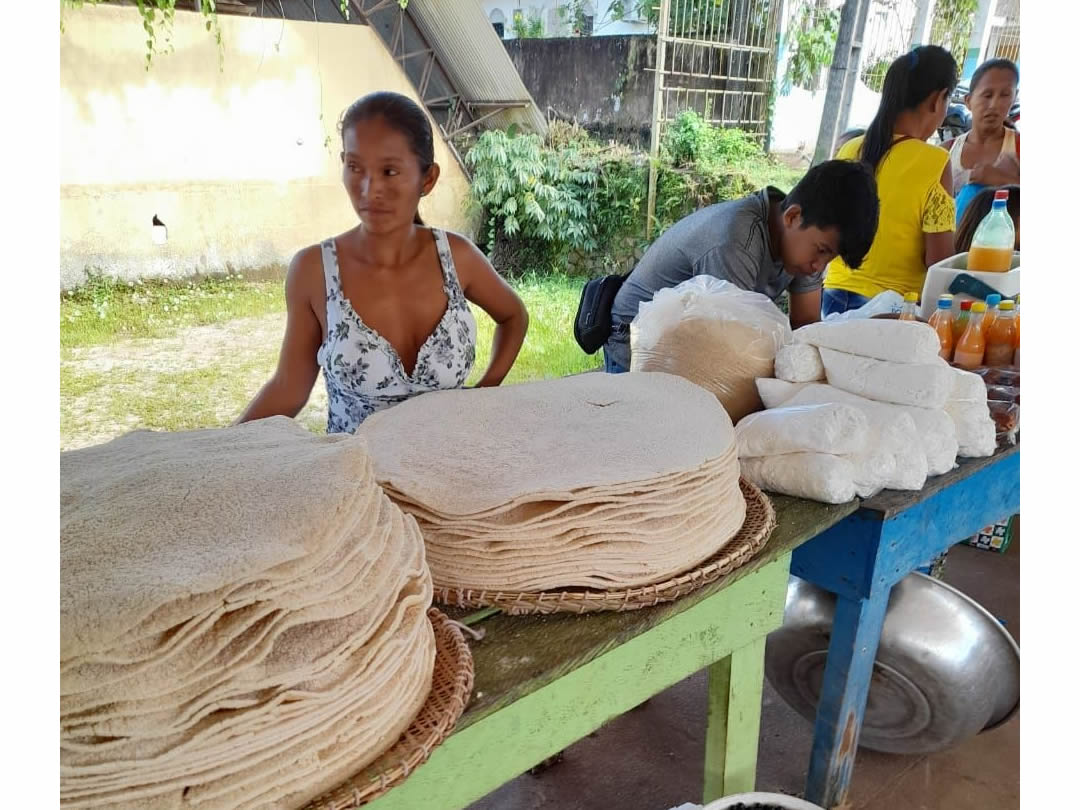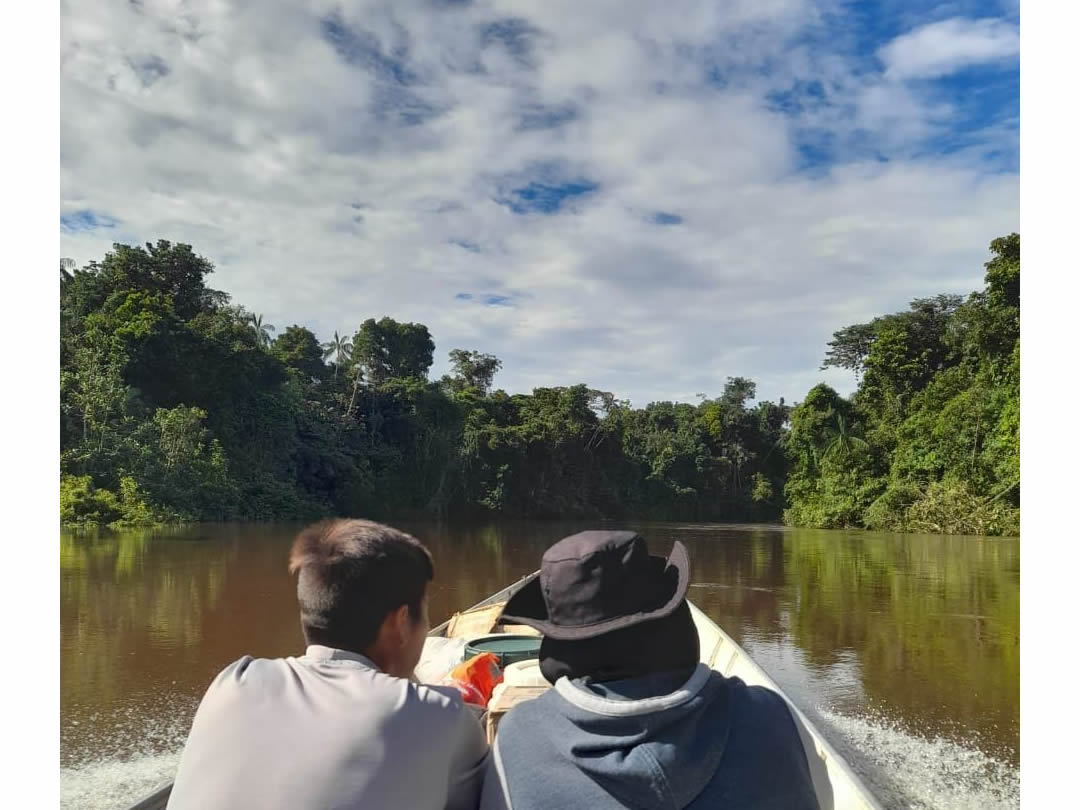Interview with Fr. VÁCLAV Klement, new Southern Africa (AFM) Provincial
Fr Václav Klement has held various positions in the General Council: Councillor for the East Asia-Oceania Region (2002-2008), General Councillor for the Missions (2008-2014), Councillor for the East Asia-Oceania Region (2014-2020) and Extraordinary Visitor “ad nutum et pro tempore” (2020-2022). In December 2022, the Rector Major, Fr Ángel Fernández Artime, with the consent of the General Council, appointed him as the new Superior of the Southern Africa Vice-Province for the six-year period 2023-2029. Here is the interview granted on the occasion of his new appointment.
1. Tell us a little about your family background and where you come from.
I give thanks to God for my family of humble origin, but deep in faith, growing up with three younger brothers, a hardworking father and tender-loving mother. Both parents grew up in the same parish youth group and were known for their life-long commitment to youth education in their free time. Our vibrant parish with many outstanding diocesan priests after Vatican II was a daily school of living faith in action, especially in the context of atheist education in all public schools I attended in Czechoslovakia until 26 years of age. Not easy to imagine the persecution going on for 40 years, with all 15,000 religious men and women dispersed, their mission works destroyed and called to hand over their charism to an underground situation. I came to know, only after the communist regime collapse, that my uncle, a factory worker who lived in the same small house, was a religious, indeed a bishop of the underground Church.
2. What is it about religious life, especially Salesian consecrated life that attracted you and made you choose it? Which Salesians influenced you the most?
I would say, that my aspirations, dreams and personal preparations ‘simply’ clicked with the first explicit invitation to join the first underground Salesian vocation ‘Come and See’ encounter. I was deeply touched, amazed, attracted by all those senior Salesians who were able to hand over the Salesian vocation and charism after hard years of prison, forced labour and a tough life. I can’t forget my first encounter with the ‘Salesian Bulletin’, stories of Salesian family saints and especially Salesian spirituality environment – family spirit, apostolic drive and deep faith. Since there were no ‘official formation structures’ until 1989, the Salesian charism was passed on through close personalized spiritual accompaniment. Not just one novice-master, but three Salesians who took care of me during that special year! Until now the Salesians of Don Bosco are the most numerous religious men congregation in the Czech Republic.

3. What did you do before you entered religious life?
Actually, for me ‘to enter religious life’ was not like to ‘enter a Salesian house’. During those ‘blessed’ times of the communist totalitarian regime there were 400 SDBs in my homeland but no ‘official’ Salesian house. Half of the Salesians were really living and working underground, while another half were involved in the diocesan structures of the Church. In my vibrant home parish (second Czech city of Brno) since my childhood I was involved in many services as altar server, boy scout, choir member, volunteer or youth leader. At the age of 10 I got a life of Don Bosco in my hands for the first time, but the first living Salesian I met only at the age of 22, after the end of 2 years of military service. Those years ‘before’ becoming a Salesian were a time of hard studies, hard work in the parish, as a youth leader in different ways, while living as a second class citizen being a fervent young Catholic.
4. After having lived so many years of Salesian Consecrated Life, how would you sum up your life as a Salesian priest so far?
At the age of 65 it is probably time to ‘sum up’ my life already, right? Hard to say in just a few words. My life motto has changed over the years and since 2008 I stick to the Asian version of Da mihi animas, cetera tolle: All for Jesus, Jesus for all! It means to live each task, mission in my life with enthusiasm, joy and passion. The last 20 years at the side of the Rector Major I have never ‘looked back’, always trying to contribute to the growth of the Salesian charism with the best of my strength. Well, life is starting at 65!
5. Share the most memorable event in your life as a Salesian of Don Bosco?
Well, I treasure too many rich Salesian memories. First the Czechoslovakia underground formation time, like the 24-hour walk in the mountains to reach a secret provincial day gathering or listen to sharing of confreres who spent years in prison and forced labour camps. Really, it is very difficult to mention ‘the most memorable’ event: every day during the 16 years in Korea was a special time, then as the first regional councillor for East Asia – Oceania (EAO) it was probably our first Team Visit (2005) with its Vision-Mission workshop, or the EAO Salesian Brothers Congress in Vietnam (2018). There are too many events to give thanks to God for during my whole life. It is never enough to tell and give thanks for these stories and events! If you access the EAO (East Asia-Oceania) news ‘AustraLasia’ on the www.bosco.link you may know a little bit more!
6. Have you any regrets in life?
Yes, my regrets are always of the same nature. At the end of the ‘day’ (after an event, apostolic mission, after accomplished entrusted task) I regret that I didn’t give my whole heart to this task or mission. Concretely, that I didn’t listen enough to this confrere or lay mission partner, that I didn’t give my best to the process going on (maybe a discernment, preparation of a regional event).
7. What advice would you give to a young person who is considering religious life? What message do you want to send to young people regarding the missionary vocation?
Would you like to become consecrated to God? Would you like to follow Jesus like Don Bosco and his family members? ‘Give your heart completely to Jesus!’ – I would like to share this invitation of Don Bosco in all-encompassing youthful language to be attracted to this lifestyle of ‘becoming bread for others’.
Would you like to be deeply happy? Share your faith with those who are not so privileged to encounter Jesus face-to-face! During the past 30 years I have met most of the 14,000 Salesians and found that the most happy among them are usually the missionaries who left everything behind, their own country and culture, to be the light of Jesus as missionaries! Without sharing the faith the Church would cease to breath.
8. When you heard that you were appointed as provincial, what was your reaction?

Yes, it was a huge surprise and somehow a shock. Just two days before Christmas 2022, already prepared for another extraordinary visitation, this time in South Asia, I was called by the Rector Major. Fr Ángel asked me to accept this unexpected new obedience. During my whole life I have never said ‘No’ to Don Bosco. Since this new call happened at Valdocco, I had plenty of time to digest this dramatic change in my life and pray over it and for each of the AFM (Africa Meridionale, Southern Africa) confreres on the first day and then slowly start the mindset change from South Korea to Southern Africa. On January 1, 2023 I went on pilgrimage to walk from Valdocco to Becchi, to ask Don Bosco to bless all of us in the AFM!
This call was not much different from 1996, when Fr Juan E. Vecchi reached me by phone in the Philippines during an East Asia-Oceania regional congress of Salesian Cooperators. It was an overwhelming shock, not allowing me to sleep the whole night, absolutely unexpected, since I was not even a provincial council member and had just reached Korea 10 years before this new calling.
9. What would you say are the leadership qualities that you bring to your new role as provincial?
I’m happy to share with my Salesian confreres, lay mission partners, Salesian Youth and Salesian Family members my life, faith, Salesian convictions for the next 6 years. Leading is possible mainly by life witness; this is my deep personal conviction. As every disciple – missionary of Jesus, probably the first contribution is my personal life witness as a passionate Salesian, missionary, communicator, friend of the young, deeply in love with Don Bosco.
During the recent past I have assisted many provinces in their discernment process of reshaping, growing, visioning, and moving forward. After two years as a rector, six years as provincial of Korea and 20 years with the Rector Major’s council as extraordinary visitor I would like to share this experience with the dynamics of Salesian charismatic growth. As Don Bosco Salesians we are very rich in the spirit, living in the family with so many saints (living or helping from heaven). As my personal animation style, I like to bring everyone’s attention to cherishing and making these treasures fruitful in Lesotho, eSwatini and South Africa.
Animation and government in the Catholic community and in the Salesian family is rooted in deep listening. Not by accident do we ponder the 127 questions of Jesus in the Gospels. Also the current GC28 theme ends with a question mark: What kind of Salesians for the Young people of Southern Africa? I love sharing questions and ‘wasting time’ listening and walking with each confrere.
Returning after 21 years to the service of authority, after serving many years as councillor, is a challenge. However, fostering a family spirit and teamwork, investing in the lifelong formation of all the confreres, and getting closer to Don Bosco are the main qualities I’m longing for as I start my service of leadership.



